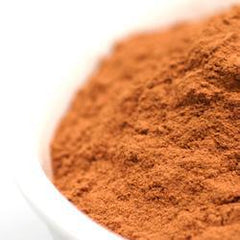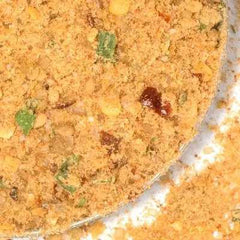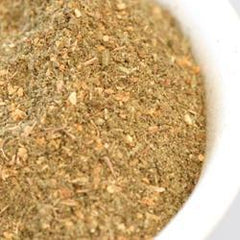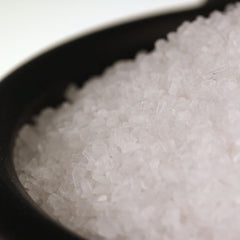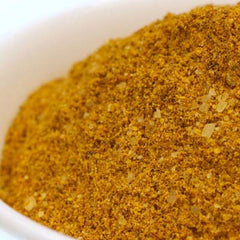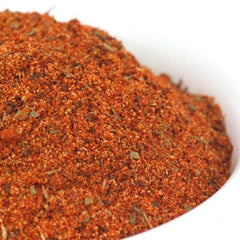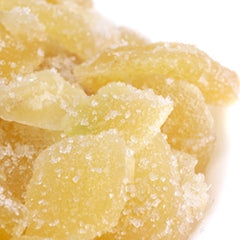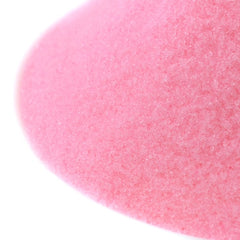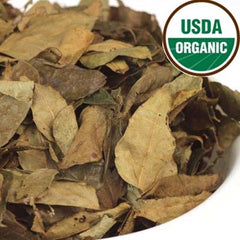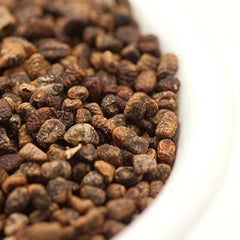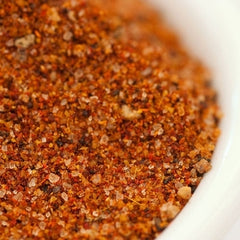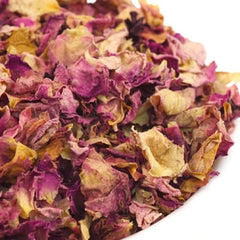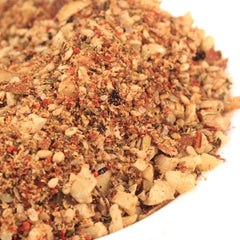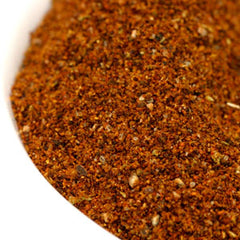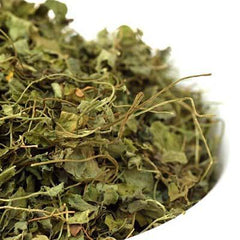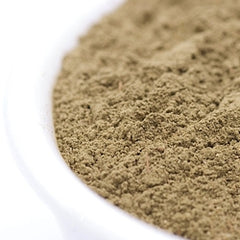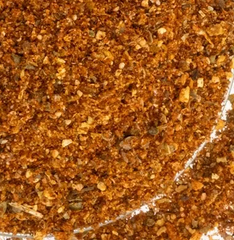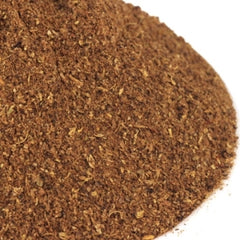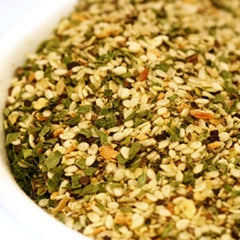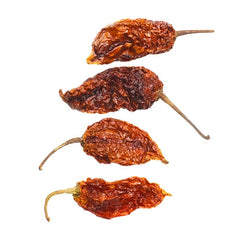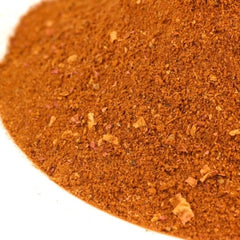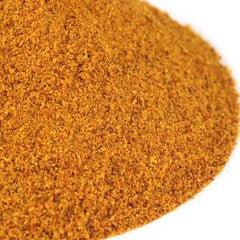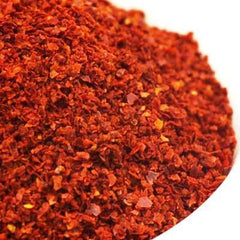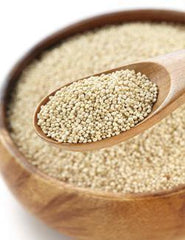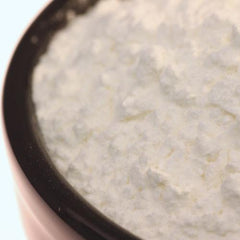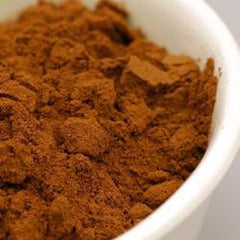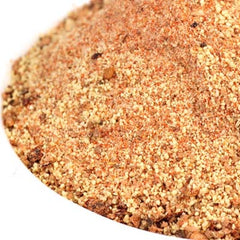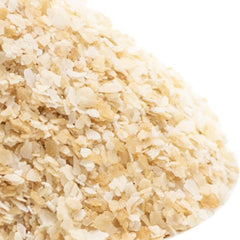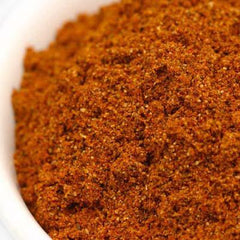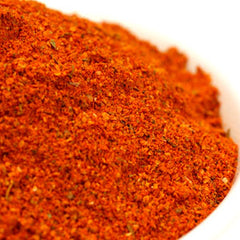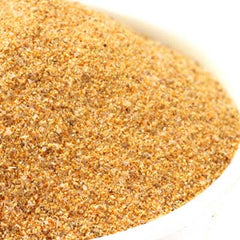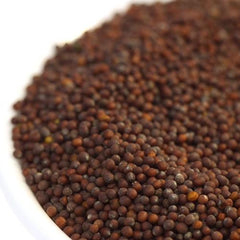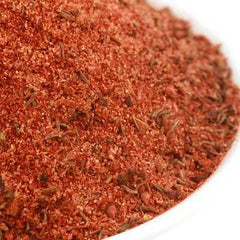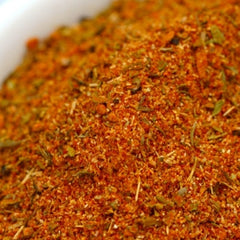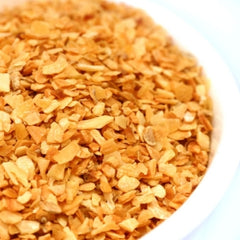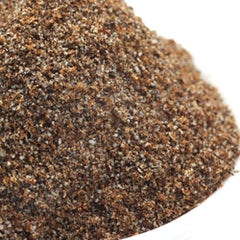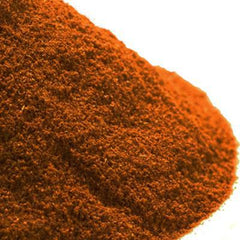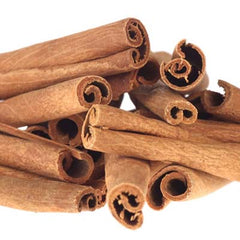Categories
- Cookware
- Bakeware
- Cutlery
- Coffee Machines and Accessories
- Smoked Cocktail and Food Tools
- Personal Care
- Wellness Mats
- Made In
- Kettles
- Greeting Cards
- Kikuichi Cutlery
- Marcato
- Smithey Ironware
- Cheese
- Funky Chunky
- Products of Scotland
- Meat N' Bone
- Millican Pecan
- Porter Road
- Xocolatl Small Batch Chocolates
- Heritage Steel
- Middleton Made Knives
- Diabetic Kitchen
- Chocolates
- Water Filtration Systems
- Copper State Forge
- Preparation, Organization & Storage
- Butcher Block/Cutting Boards
- Textiles, Towels and Aprons
- Fruit & Vegetable Tools
- Food
- Artisanal Spice Shop
- Brining, Basting & Roasting
- Tongs
- Cleaning & Sanitizing
- Spatulas & Turners
- Smoked Food Tools
- Ceramic & Glass
- Cheese Brothers
- Asheville Tea Company
- Coffee
- Specialty Tools
- Wine & Bar Accessories
- Seafood Tools
- Chocolates
- Coffee Makers
- Coffee & Tea Accessories
- Ladles, Whisks & Spoons
- Bitters & Mixers
- Grilling
- Measuring Cups & Spoons
- Serving Tools
- Zesters & Graters
- Coasters & Magnets
- Openers, Funnels & Strainers
- Oil & Vinegar
- Scales
- Temperature & Time
- Salt and Pepper Mills, Storage & Shakers
- Kitchen Appliances
- Bowls
- Flavoring & Food Coloring
- Vitamix
- Egg & Butter Tools
- Chef Apparel
- Anti-Fatigue Mats
- Jura
- Leather Accessories
Featured posts
Sichuan Peppercorns (ounce)
Indigenous to China, Sichuan peppercorns are also called aniseed pepper, Chinese pepper, Chinese prickly-ash, Fagara, Indonesian lemon pepper, Japanese pepper, Nepal pepper, Sansho or Szechwan pepper. You’ll also find these alternative spellings - Szechuan, Szechwan and Schezuan. While these are called peppercorns they are not related to black peppercorns which are native to India. While not technically a pepper at all, this member of the Rutaceae (rue or citrus) family is closely related to the prickly ash. Sichuan berries are very fragrant and provide an unusual, sharp flavor that begins mildly warm with earthy, lemony undertones and then quickly evolves to an almost numbing sensation on the tongue that works well with hot spices. Its complex and surprising flavor is often used to intensify the flavor of cheese, chicken, seafood and vegetables. Home chefs who love to add an exotic, captivating twist to a dish will use it as a substitute for black pepper. Dry-roasting this Chinese pepper releases their aromatic oils bringing out their best flavor. To dry-roast, roast your berries in heavy frying pan over a medium high heat for 3-4 minutes. When these berries get hot they will begin to smoke so monitor this process carefully and dispose of any burnt berries. Remove from heat and let them cool and then grind as needed. We recommend roasting and grinding in small batches (just as much as you need for any one dish) as the flavor dissipates quickly.







